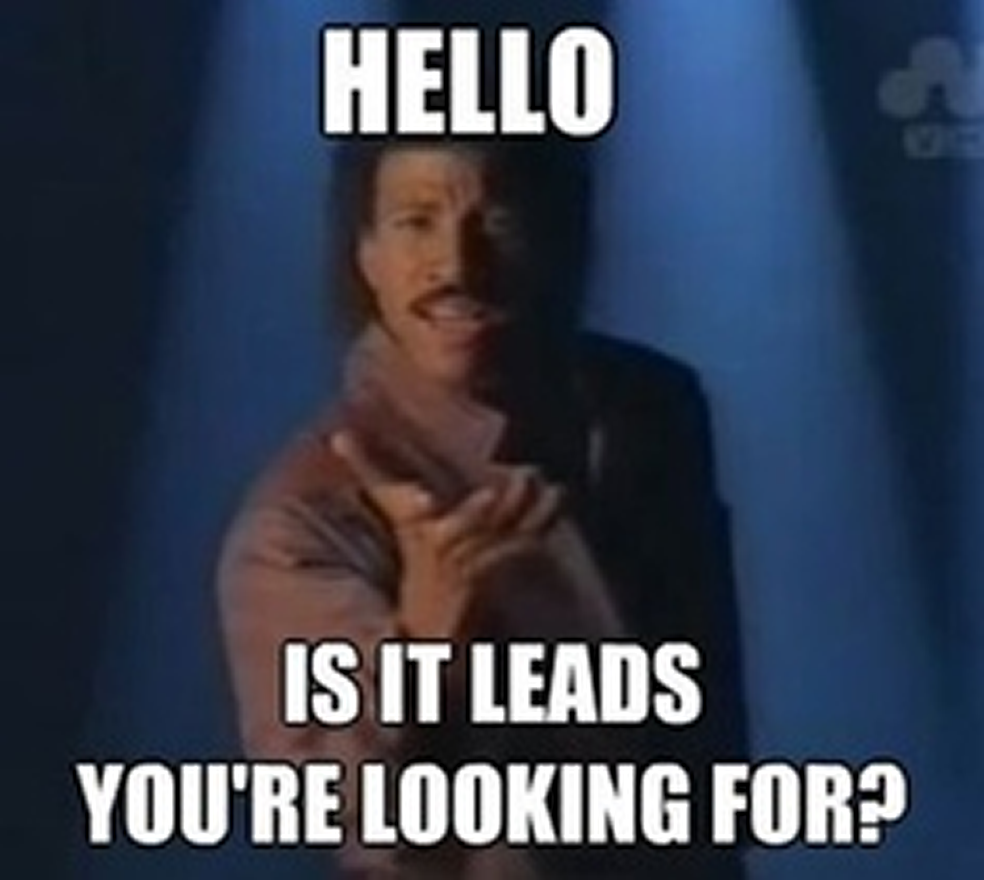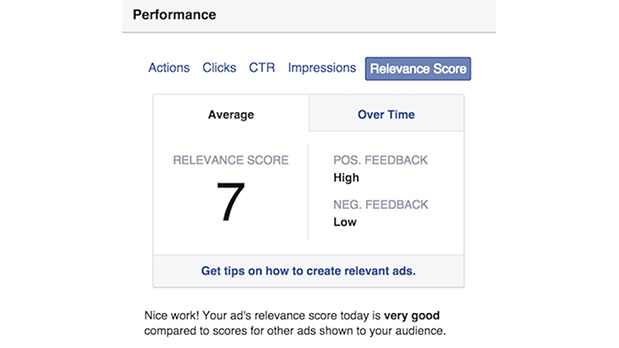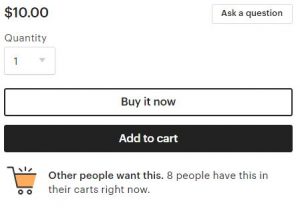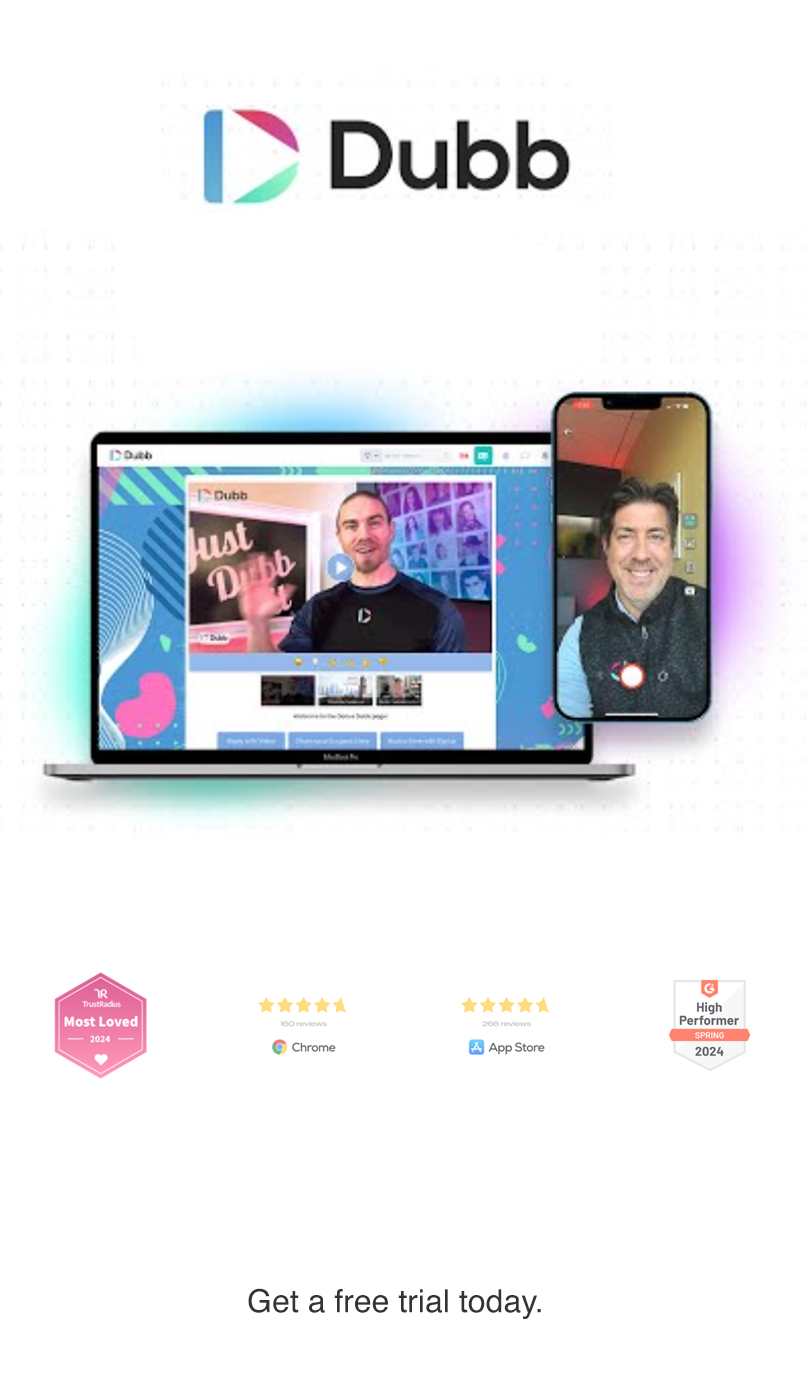By now, you know that Facebook marketing is a “it-would-be-foolish-to-ignore” strategy. As of October 2018, Facebook reported having 2.27 billion active users; 68% of all adults in the United States use Facebook on computers and mobile devices – that number is only outranked by YouTube. So the real discussion is about how to advertise on Facebook: how much money to spend, how to make the cost-effective decisions, and how to make relevant ads that increase click-through rates.

How Much Should I Spend on Advertising in General?
According to Statista, a statistics aggregate portal, all U.S. companies will spend an average $200 billion in 2019. Internet advertising accounted for a lion’s share of the spending in the U.S. (100 billion), followed by TV and radio (71 billion and 17.7 billion).
For small businesses and start-ups, the U.S. Small Business Administration recommends spending “7 to 8 percent of your gross revenue on marketing if you’re [making] less than $5 million a year in sales”. The National Federation of Independent Business: “most businesses allocate between 2 and 5 percent of sales specifically for advertising”.
So if you’re a small business that made $100,000 in gross sales, $7,000 should be spent on marketing, and $5,000 should be spent on advertising.
But…that’s still $12,000 dollars. That’s still quite a chunk of change, without a guarantee of ROI. (Although, as we’ve discussed before, email campaigns have the greatest ROI and are the most cost-efficient campaigns.) So while advertising is the bread and butter of any company, finding the most cost-efficient method is key.
While there’s a lot of discussion on what this method is, an advertising priority should be Facebook ads.
How Much Do Facebook Ads Cost?
According to Facebook: you can run ads for any budget. You tell Facebook how much you want to spend and then FB tries to get as many results as possible for that amount. While some advanced ads require a minimum spending, you can choose to spend $5 or $60,000 per week (or more) – your choice.
So, there are two ways to define cost based on a FB budget: overall amount spent or cost of each result. The cost per result is based on “bids”, which control your cost per optimization. A bid is “a number representing how much you value an optimization event from someone in your target audience”. Basically: a bid is the maximum you’re willing to pay when someone sees your ad or follows a call-to-action. A bid could be a cost per click or a cost per 1000 impressions (CPM).
It’s called a “bid” because when you set your budget, you join a worldwide FB auction: you’ll be competing with thousands of advertisers for FB ad real estate. While FB tries to give everyone what they want, sometimes (not often), the real estate runs out; then, the highest bidder will win the advertising space. Your bid may not be what you pay: it’s just the maximum you’re willing to pay.

Can You Give Me an Example?
So, let’s do some generalized exampling: an advertiser bids 50 cents. They’re not likely to pay enough to win a real estate space, and will receive zero or low impressions. A second advertiser bids $7; and a third advertiser bids $10: the one who bid $10 will beat the person who bid $7, but will end up paying $8. Ten dollars was the maximum they were willing to spend, and FB will make sure they pay just enough to beat the person below them.
The average cost per click (CPC based on the average bids) – based on what FB charges every time someone clicks on an ad – is $1.72 across all industries. Financial advertisers have the highest CPCs at $3.77; apparel industries have the lowest CPC at 45 cents. Those CPCs change based on how many advertisers are bidding for ad real estate – in this scenario, there are more financial advertisers bidding for ad space. .
So, I Can Set My Own FB Ad Budget?
Basically, yes. But there are bidding strategies, which you should utilize based on your industry (here, here, and here).
That Sounds Great – How Do I Make the Best FB Ads?
Okay, you’ve set a budget; you’ve made a bid; you’re optimized bid has been accepted! So now you have to make sure you have the best ads for the real estate space you won. Below, we’ve listed some actionable tips for making the best Facebook ads.
- Realistic and Relevant
When you’re creating your ads, you should think, “What’s the human version of that? What would that look like in real life?”
That will make your ads more actionable (“I could do that!”) and relevant; making it more likely that someone will follow the ad’s advice because it seems doable – making the viewer more likely to click.
Think of runway models and their avant-garde fashion. It’s beautiful but it feels otherworldly; it’s hard to imagine an average person walking down the street with a swan draped around their neck as a dress. So that advertising seems unrealistic; but Old Navy commercials, or Dove commercials, make sure their products look like they’re for “real people”, and they make sure their models look like “real people”. Fantasy only goes so far.
In fact, Facebook even has “relevance scores”: a reflection of ad performance. A higher score means improved performance (more click-throughs, more views) – i.e., it’s more relevant, so there are more impressions, and there are increased chances of sales.

- Call-to-Action
Make sure your FB ads includes a call-to-action (CTA). They’re the “next steps” you plainly spell out for consumers: about us, contact us, learn more, subscribe, etc. If you’ve harnessed the power of ads, then the consumer wants to know more about you. On top of that, when the CTAs are also customized, the rates of click-throughs and sales increase dramatically.

- Limited Edition
 This plays into a scarcity principle: if there’s a desired good that’s [seemingly] running out of supply, that indicates there’s high demand – and that you should want it, too. Scarcity drives demand of a valued good. If a consumer is on the fence, then an ad that utilizes a “sold out”, “exclusive”, or “limited edition” mentality can make them scared to miss their chance – a last little push to click-through.
This plays into a scarcity principle: if there’s a desired good that’s [seemingly] running out of supply, that indicates there’s high demand – and that you should want it, too. Scarcity drives demand of a valued good. If a consumer is on the fence, then an ad that utilizes a “sold out”, “exclusive”, or “limited edition” mentality can make them scared to miss their chance – a last little push to click-through.
- Visuals, Movement, Noise
These three combined are the most effective ways of catching attention. They also convey an efficient message, much more so than text. Do your best to make your ad moves (or even makes some noise) to hook a viewer.
In addition, make sure the visual is tightly connected to the brand. What emotion do you want consumers to feel when they see your ads? How do you want to be remembered?
All This To Say…
People will flick through ads. There are so many, it’s overwhelming – you need to stand out. And FB is a great place to do that. Make sure your ads are relevant, eye- (and ear-) catching, and make the consumer feel part of a special club. And bid strategically so that you don’t lowball or overpay.


